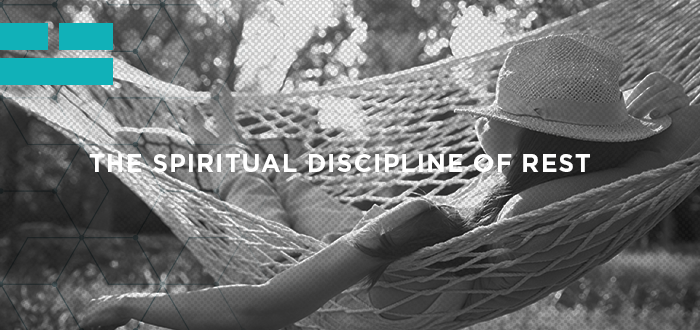“You have to learn to fight with tools.” One of my ministry mentors said this cryptically early on and it has taken me years to learn it’s value.
Here’s what I think he meant:
In the fight for ministry excellence and longevity, our capacity for faithful discipline, spiritual practices, and leadership skills trump our talent, motivation, and willpower.
Student ministry is as taxing and exhausting as you will let it be—learn to fight with tools.
A tool for today: stillness.
In this season of push and pull, expectation and innovation, I think one of the most important tools that youth ministers can cultivate is stillness.
I know stillness seems like an “anti-tool,” but hear me out, busy leader. You sitting still, phone off, laptop away, with your mind clear is a struggle to imagine, you can almost feel your hands grip up in anxious expectation of getting back “to work.” But, that’s not healthy and actually not practical. All of you is not all you can do.
Stillness is a healthy spiritual discipline for you.
The tool you need to fight the tension of what you are doing and what others think you are doing is the fulcrum of not doing anything too quickly.
We need to relearn the value of stillness. We need to rediscover that the most active work of ministry is listening. The God who called you, called you out. You were able to respond because you were listening. Sometimes we never hear the call of God again because we get activated and never stop moving until we burnout, wearout, and failout. Make the time to take the time to create space for stillness in your week.
Stillness is a healthy spiritual discipline for your ministry.
Stillness will also make you a better minister. Spiritual father Richard Foster says it this way, “We must seek out the recreating stillness of solitude if we want to be with others meaningfully.”
Stillness is a tool and a weapon in the fight of spiritual warfare.
Here’s a dangerous idea—stillness is also a weapon in the fight of spiritual warfare. We often proclaim to students that we want them to be world changers and it usually is followed by steps of actionable change, but there is also something else that we and our students could be charged to do that is equally biblical. Be still.
Stillness says we are present and active. It says that we are waiting here to hear from the Lord. We will not be made to feel anxious because we are trusting and listening.
So hear me out and let’s return to scripture together. I want to invite you into stillness.
Take a moment to read and remember the words of the psalmist (Ps. 46:10).
*breathe in, breathe out*
“Be still, and know that I am God.
I will be exalted among the nations,
I will be exalted in the earth!”
Did you hear it?
That this personal discipline of stillness reframes us to see God above the nations, God exalted in the earth.Your personal spiritual practice of stillness has global impact.
We are not only what we can offer, or produce, but how we worship, honor, and obey. It bends against the demands of more, pushes against the culture of hustle.
A prayer for closing.
When the world cries hustle! We can pray, wait.
When the Enemy says more, we can declare we have enough.
When the Enemy whispers you are not enough, we can say, but we know who is.
When my own selfish mind desires more I can still my beating heart and know that He is God.
YM friend, you are loved. Loved by a God above the earth, among the nations, and in your beating heart. Be reminded in order to remind your students and take some time today to be still and know…
This content was written by Zac Workun. Zac serves as the Student Ministry Training Specialist for Lifeway and is one of the co-founders of Youth Ministry Booster. He has served the local church in various youth ministry roles for over 15 years.




